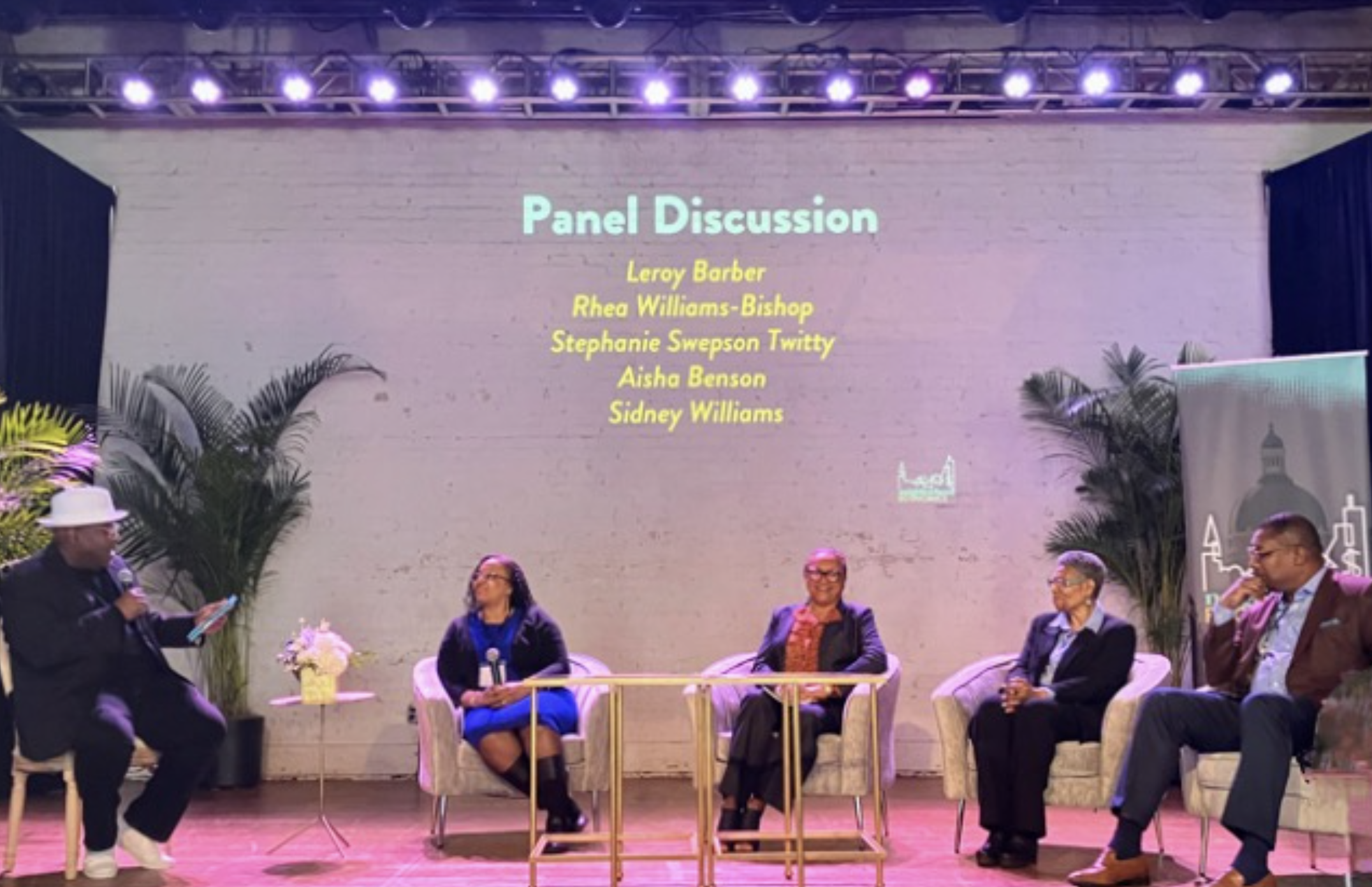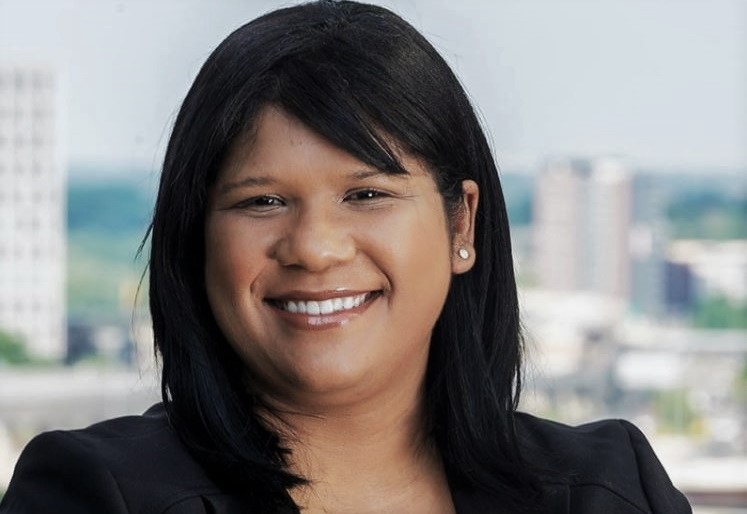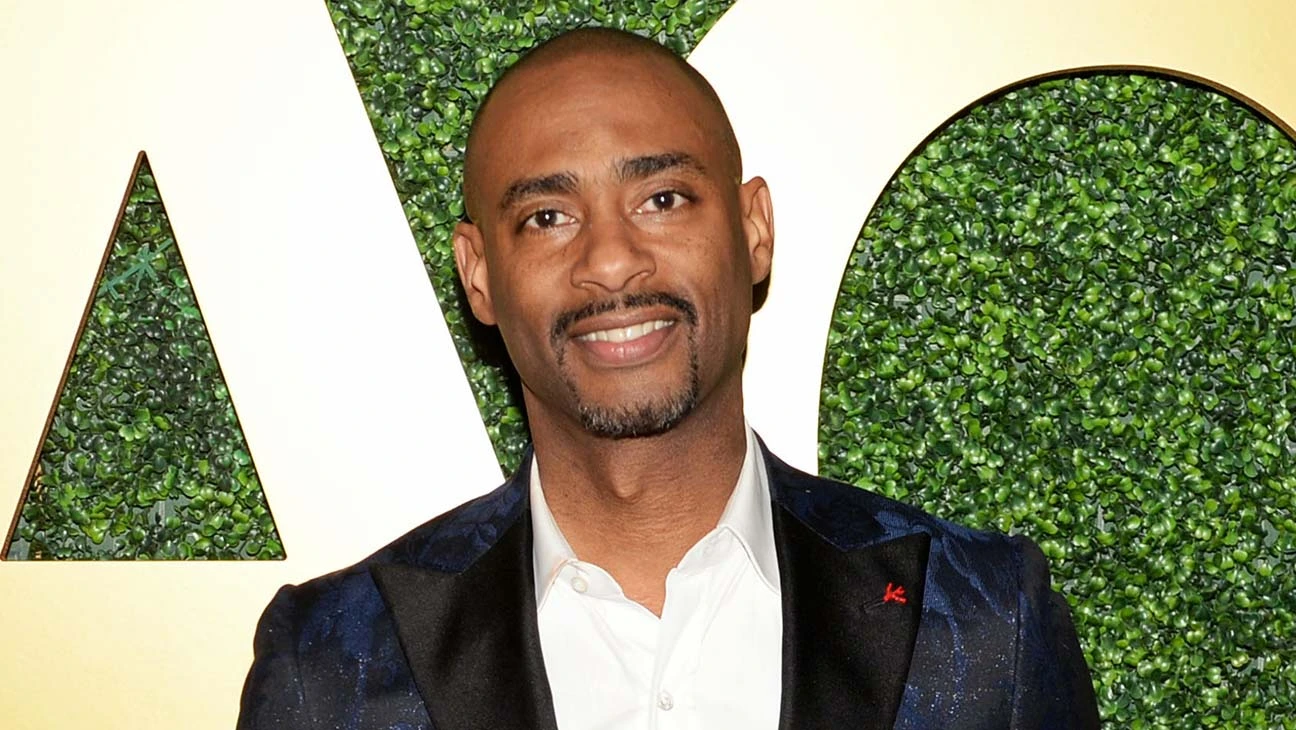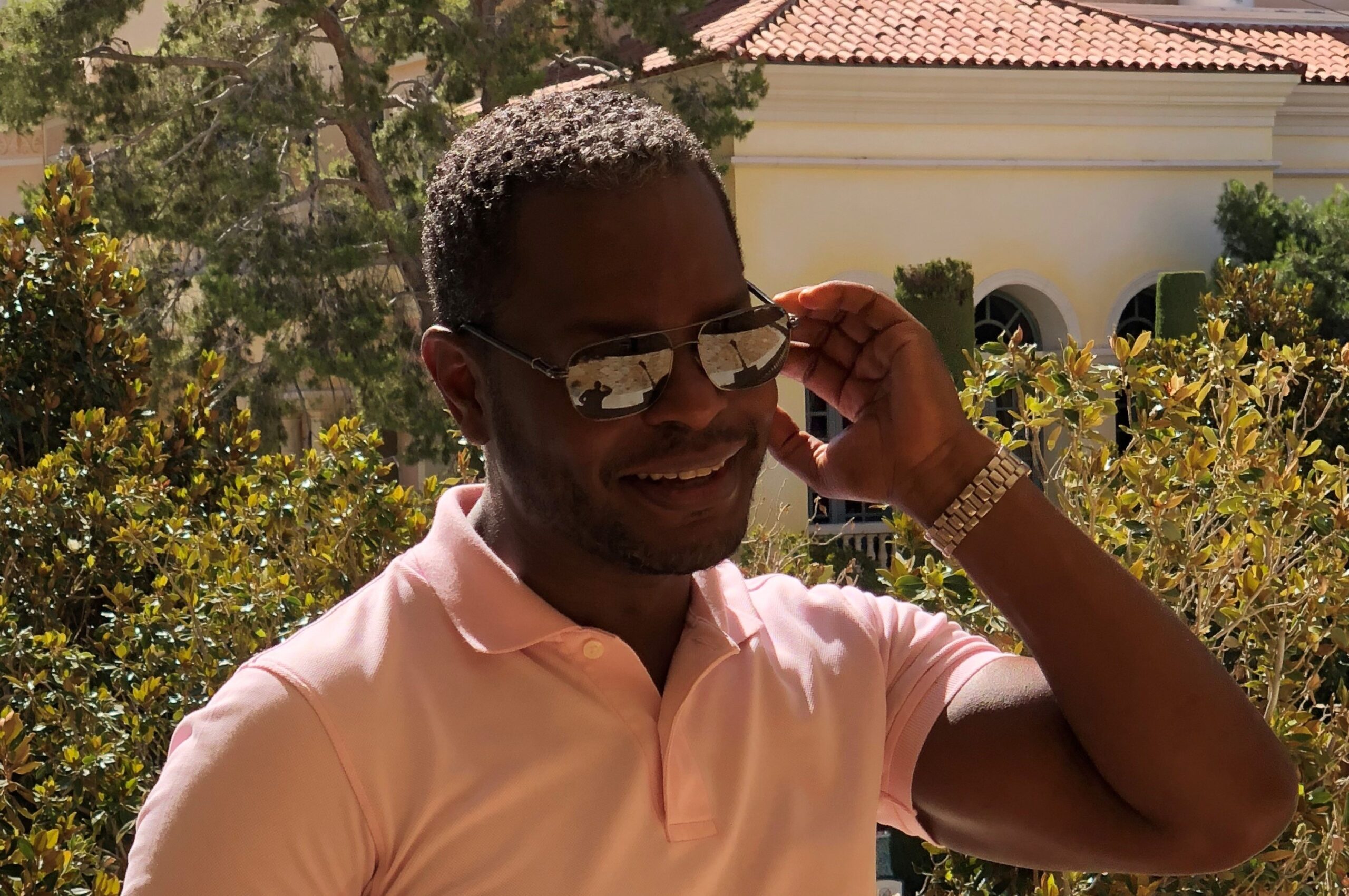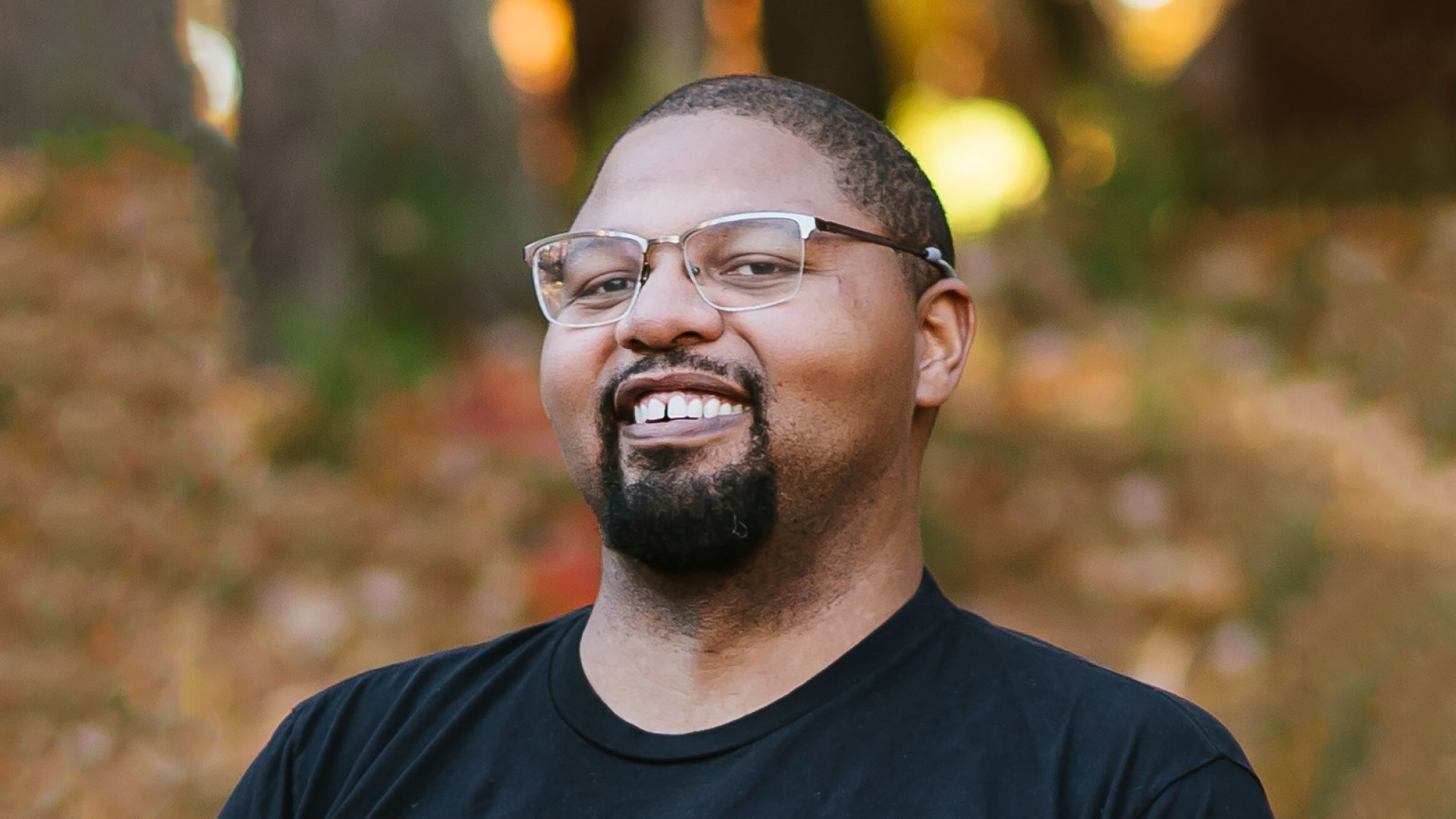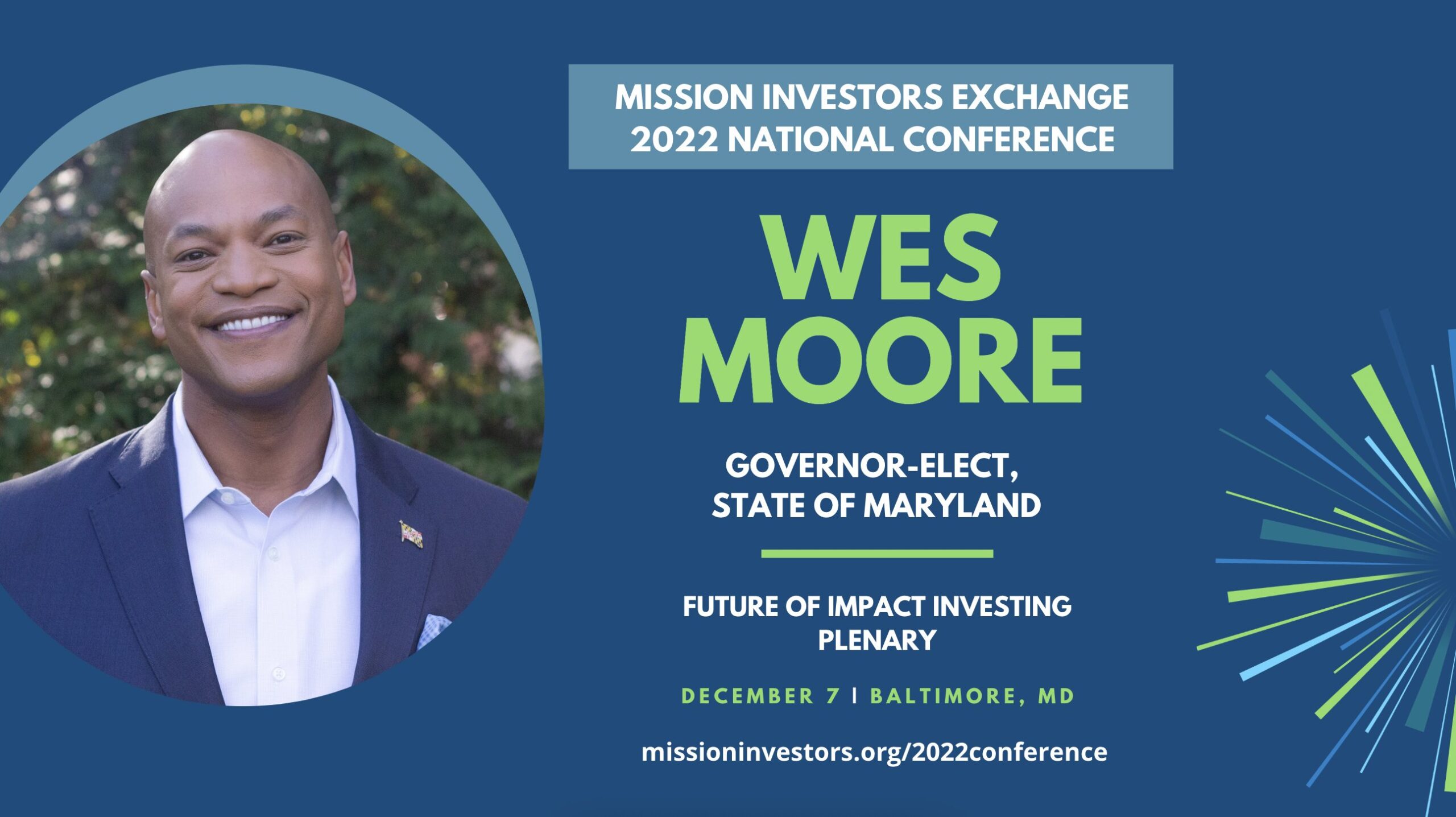ImpactAlpha, Feb 1 – The design mandate for the green economy: Develop better and cleaner solutions that create jobs, improve health and drive demonstrably better outcomes for communities that have borne the brunt of pollution and climate change.
That is, solve for climate justice and you solve for the environment – and for justice. A growing network of Black investors, entrepreneurs and operators is using their proximity to communities and their own lived experience to build companies at the center of the Venn diagram of urgent challenges.
That intersectional strategy is getting a policy boost, and official endorsement.
“Environmental justice will be at the center of all we do, addressing the disproportionate health and environmental and economic impacts on communities of color,” U.S. President Joe Biden said last week. “Lifting up these communities makes us all stronger as a nation, and increases the health of everybody.”
Take Envoy, a Culver City, Calif., company that claimed a green mantle with its service of providing community-shared, zero-emission electric vehicles – to residents of luxury apartment complexes able to pay extra for the trendy amenity.
Taj Ahmad-Eldridge of the Los Angeles Cleantech Incubator worked with the startup, the city and community groups to open Envoy to a much bigger market. Now Envoy is stationing cars at a community center inside the city’s San Fernando Gardens housing development targeted at low- and moderate income families in L.A.’s Pacoima neighborhood.
The insight is the result of having “somebody with diverse experience always thinking about the communities,” says Eldridge, senior investment director at the incubator, which has built a pipeline of Southern California entrepreneurs starting up in electric cars, flight, electric infrastructure and municipal mobility.
Equitable models
Envoy joined the accelerator in 2019. “You have people in communities here in L.A. where public transportation isn’t reliable,’” Eldridge told Envoy’s founders. “Just think if they had access to these types of vehicles and these types of technologies.”
Models that unlock such market opportunities share climate wealth by driving the wages, savings and health generated by the low-carbon transition to Black and Brown communities hardest hit by pollution and climate change. In climate action as in healthcare, education, consumer products and other sectors, entrepreneurs and investors embracing such strategies are finding opportunities to build scalable, high-impact enterprises – and public support.
Climate investing “is more than just a moral cause but rather a public health issue, an economic issue, and a social justice issue,” says Eldridge. “This is what VC is about.”
Environmental justice is personal for Eldridge. Three years ago, he was diagnosed with Focal Segmental Glomerulo Sclerosis, or FSGS, one of the leading causes of kidney disease. Several cousins also have the disease, which is increasing in incidence in the Black community.
“I’m positive my illness was caused by environmental factors,” Eldridge tweeted last month.
Eldridge is flipping the script. “We’re creating jobs where workers won’t have black lung disease,” he says. “We’re creating jobs where they won’t have the disease I got to be able to make a living wage.”
Green Black
Climate justice investing can mean helping companies like Envoy expand to underserved communities. It also means backing entrepreneurs who are putting underserved communities at the center of their business models. But that doesn’t mean businesses run by founders of color are niche businesses or businesses targeting a small community – a common misperception.
“A lot of these businesses are designed for everyone and deserve full funding and full support,” says Nneka Uzoh, who leads the energy vertical at Hawaii and California-based cleantech accelerator Elemental Excelerator. “The people who are fighting the hardest against climate change and pollution are the mothers of Black and Brown children, whose kids have to go to the emergency room because they’re having several asthma attacks.”
The more Black professionals in cleantech, the more communities of color can access and benefit from clean technologies, she says. “The technology is fantastic, but why are we doing this?”
Last month, Uzoh founded Greentech Noir to provide a platform for Black professionals pushing for systems change in sustainability and climate tech. Along with Eldridge, other founding members include Christian Okoye, who leads venture investing in environment and energy at Emerson Collective, Amy Duffuor, a principal at early stage climate tech investor Prime Coalition, UtilityAPI CEO Devin Hampton, and Elemental’s in-house counsel, Jamila Jarmon and director of mobility, Danielle Harris.
Uzoh, whose family is from Nigeria, grew up in San Jose. She was drawn to a career in cleantech because she knows what it’s like for the power to not run all the time and to smell the fuel of generators. Energy is “a core piece of the quality of life for humans,” she says.
The changes that Black and Brown communities “need to be healthier and greener are so much larger than the capital that they have access to,” she says. “These are systemic changes that need to happen.”
Climate justice
The Biden administration has vowed to create millions of skilled green jobs, boost electric mobility, support clean energy innovation in communities transitioning from fossil fuels, and enforce environmental standards.
Biden issued a raft of climate-related executive orders last week. Federal agencies, for example, must target 40% of investments in clean energy, clean water and wastewater infrastructure to low-income communities of color, which have long borne the brunt of pollution. Take the water crisis in Flint, Michigan, a majority Black city and the birthplace of General Motors. Poor testing and treatment of water led to major water quality and health issues that went ignored and discounted by government officials for years.
In contrast, Navajo Power, a Public Benefit Corporation and majority native-owned company, is helping the Navajo Nation withstand the economic consequences of coal closures and maximize the economic benefits of clean energy for tribal and impacted communities. Last year, the firm raised $4.5 million from Candide Group, Native CDFI and Align Capital. A series of financial covenants ensures profits are shared with the community.
A year ago, Kameale Terry and Evette Ellis founded ChargerHelp in South Central L.A. to service the booming number of EV charging stations. The founders, alumnas of Elemental and currently in LACI’s incubator, pay their technicians $80,000 per year full-time after just a week of training, providing an onramp to the middle class for workers previously without credentials.
Paul Francis is founder of L.A.-based electric vehicle charging company, KIGT, an Elemental portfolio company. Francis is leveraging his community ties to identify available and underutilized inner city real estate like church parking lots to build point of sale charging stages. “When you have more EV chargers, they encourage more electric vehicles,” says Uzoh.
Eldridge and LACI brought ChargerHelp and KIGT together last year to create one of the first electric vehicle training networks to increase diversity in cleantech professions like solar installers, electricians, contractors, engineers and software developers. Green jobs in L.A. could grow 80% to 600,000 by 2050, according to a report released Friday by LACI.
Founder stories
As a child, Julia Collins learned to grow hydroponic tomatoes with her grandpa in Noe Valley, California. She’s built Planet FWD to create ‘climate friendly’ snacks as well as a platform to connect farmers using regenerative agriculture techniques with brands looking for suppliers. “Farmers are at the front line of the climate crisis and their practices,” she said last year. In December, Planet FWD raised $2.5 million Emerson Collective, Concrete Rose, MCJ Collective and Arlan Hamilton, as well as existing investors, including BBG Ventures.
Donnel Baird grew up in a one-bedroom Brooklyn apartment without a working heating system. With Bloc Power, a company he founded in 2012, he has helped more than 1000 apartment buildings, churches, synagogues, and schools overcome the financing obstacles to cost-saving retrofits and renewable electrification. The company has raised more than $12 million from Andreessen Horowitz, Kapor Capital, MaC Venture Capital and Urban Us. As part of its work with Elemental, the company is opening an office in Oakland and hiring local contractors.
In Boston, Steph Speirs and Solstice are removing homeownership as a block to residential solar. By connecting households, small businesses and nonprofits to centralized community solar farms, Solstice has generated demand for 111MW of clean energy across 25 projects. Last month, Solstice raised $3.1 million from Total Carbon Neutrality Ventures, Schneider Electric Ventures, Next Wave Impact, SustainVC and others to expand across the U.S.
LACI’s tagline is building an inclusive green economy. “That makes moral sense,” says Eldridge. “But it also makes economic sense.”




